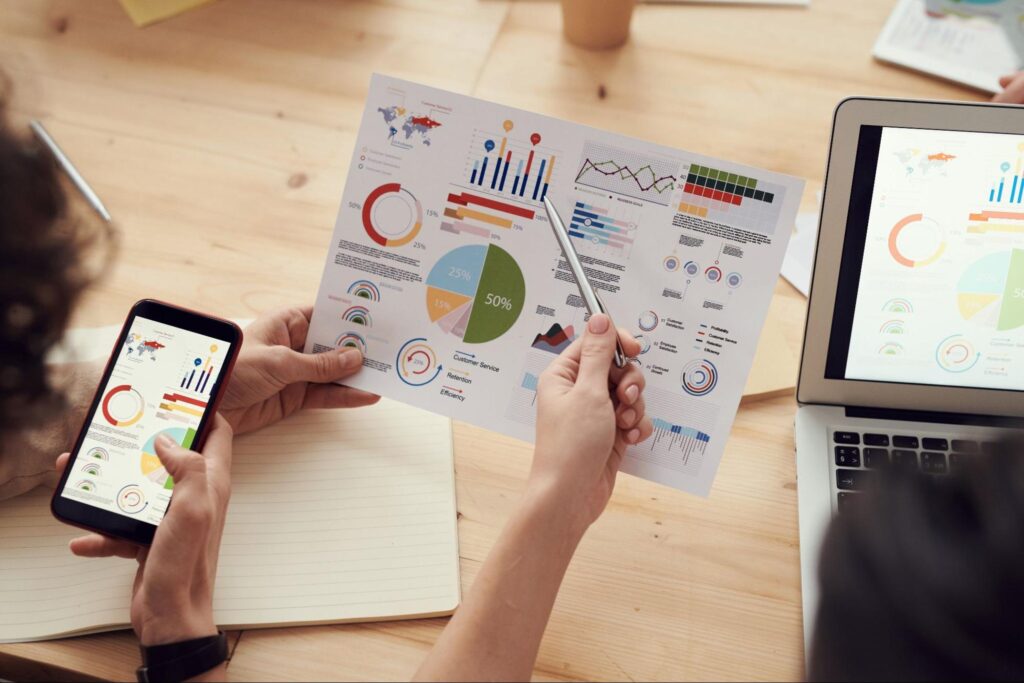
FYP138
When it comes to working on my FYP138, gathering and analyzing data is a crucial step in the process. It allows me to make informed decisions and draw meaningful conclusions from the information I have collected. In this article, I’ll be sharing some valuable insights and techniques that I’ve learned along the way.
To start with, gathering data involves collecting relevant information from various sources such as surveys, experiments, or existing datasets. This initial step lays the foundation for accurate analysis and interpretation later on. It’s important to ensure that the data collected is reliable, representative, and aligned with the objectives of my project.
Once the data is gathered, careful analysis becomes key. This involves organizing, cleaning, and exploring the dataset to identify patterns or trends. Utilizing statistical methods or visualization tools can help me uncover hidden insights that may influence my findings. By examining each variable and conducting thorough statistical tests where necessary, I can confidently draw conclusions based on evidence.
Understanding the Importance of Data Gathering and Analysis in FYP138
When it comes to undertaking a Final Year Project (FYP), gathering and analyzing data plays a crucial role in ensuring its success. In FYP138, this process becomes even more significant as it sets the foundation for your research and provides valuable insights that can shape your project’s outcomes. Let’s explore why data gathering and analysis are vital components of FYP138.
- Informing Research Objectives: Before diving into any project, understanding your research objectives is essential. Data gathering helps you identify the gaps in existing knowledge, formulate research questions, and define clear goals for your project. By collecting relevant data related to your field of study, you gain a comprehensive understanding of the topic area, which allows you to build a solid foundation for your research.
- Supporting Evidence-Based Decision Making: In FYP138, data analysis enables you to make evidence-based decisions throughout your project journey. Through careful examination of collected data using appropriate statistical methods or analytical tools, you can uncover patterns, trends, and correlations that provide valuable insights into your research question or problem statement. These insights help guide decision-making processes by providing objective evidence to support or refute hypotheses.
- Enhancing Credibility: A well-executed data gathering and analysis process adds credibility to your FYP138 findings. It demonstrates that you have employed rigorous methodologies to collect reliable information and have applied sound analytical techniques to draw meaningful conclusions from the gathered data. This enhances the validity of your research outcomes and makes them more convincing to both academic peers and potential stakeholders.
- Identifying Areas for Improvement: Data analysis not only provides answers but also identifies areas where improvements can be made during the course of an FYP138 project. By scrutinizing collected data, researchers can identify limitations in their methodology or potential sources of bias that may affect the reliability of their results. This self-reflection allows researchers to make adjustments, refine their approach, and ensure the accuracy and validity of their findings.
- Contributing to Knowledge Expansion: Lastly, data gathering and analysis in FYP138 contribute to the expansion of knowledge within your field of study. By collecting original data or analyzing existing datasets, you have the opportunity to uncover new insights, challenge existing theories, or propose novel methodologies. Your findings can potentially make a significant contribution to the body of knowledge in your chosen discipline.

Defining the objectives of data gathering
When embarking on a research project, it’s crucial to clearly define the objectives of data gathering. This step sets the foundation for your entire study and ensures that you collect relevant and meaningful information. Here are a few key points to consider when defining the objectives for your data gathering process:
- Identify the research questions: Start by identifying the specific questions you aim to answer through your research. These questions should be clear, focused, and aligned with the overall goals of your project. For example, if you’re studying consumer behavior, your research question might be “What factors influence consumers’ purchasing decisions?”
- Determine the scope of data collection: Once you have your research questions in place, determine what type of data you need to answer them effectively. Will you be collecting qualitative or quantitative data? Will you rely on surveys, interviews, observations, or existing datasets? Consider both primary and secondary sources of information and choose methods that align with your research goals.
- Establish measurable objectives: It’s essential to establish measurable objectives that can guide your data collection efforts. These objectives should be specific, achievable, relevant to your research questions, and time-bound. For instance, an objective could be “To collect survey responses from at least 500 participants within a three-month period.”
- Consider ethical considerations: Data gathering must always adhere to ethical guidelines and protect the privacy and rights of participants involved in any study. Ensure that you obtain informed consent from participants and handle their personal information responsibly.
- Anticipate potential challenges: Before diving into data gathering activities, anticipate any challenges or obstacles that may arise along the way. This could include issues such as limited access to certain populations or difficulties in obtaining accurate data from specific sources. By being prepared for these challenges beforehand, you can develop strategies to address them effectively.
